Earth Day. Every Day.
We know that construction has a considerable impact on the environment, and the urban planning of the future. As building designers, we feel a sense of social responsibility to build and create workspaces as efficiently as possible every day.
It’s time for sustainable construction
Meeting the needs of economic development while respecting the environment
The need to open new workspaces, offices, schools, clinics and retirement homes is unavoidable. Soil and resources, however, are reaching their limits. The Walloon and Flemish governments have already planned to stop urban sprawl*. Mindsets have also changed. It’s time to build in a more intelligent way.
Our aim is not to make modular construction a backup plan. It’s much more than that. Modular construction has everything in its favour. It can, of course, meet all the requirements of environmental, health, accessibility and urban-planning standards. It also ticks all the boxes for sterile, protected or educational environments. But it also offers all the comfort, facilities and aesthetic value you could want.
There’s no doubt in our minds that modular construction is one of the great solutions of the future.
*In Wallonia, the aim is to reduce the artificialisation of land by 50% by 2030.

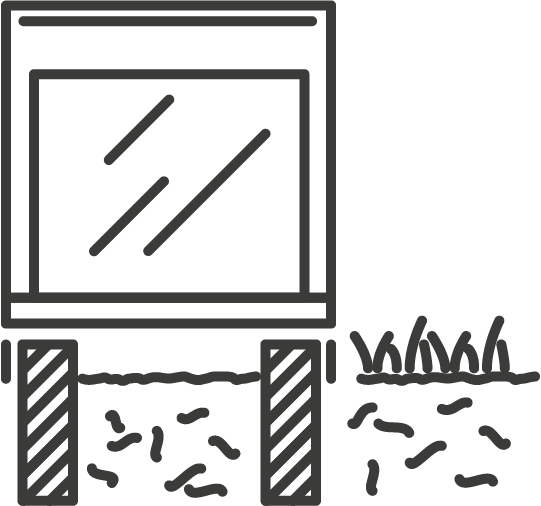
Building without soil artificialisation
Thanks to their self-supporting structure, modular buildings may be built on platforms instead of on a concrete slab. This helps reduce the risk of flooding.

Rolling out production
High-quality buildings, designed to last. But also less waste, less energy, less transport and great capacity for remanufacturing.
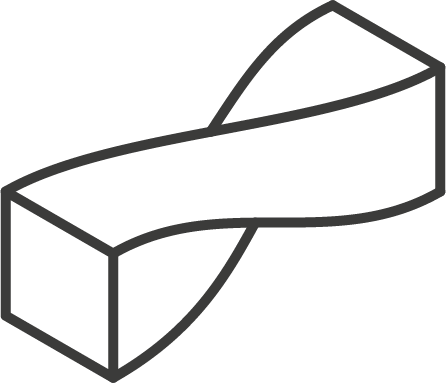
Investing in flexibility
Degotte buildings are designed with the idea that nothing lasts forever. They can change or be converted, moved or sold, and last much longer than if they were fixed.
Accelerating progress thanks to concrete initiatives
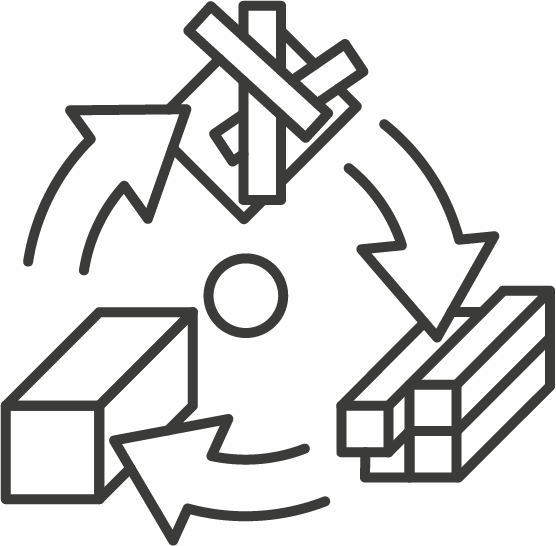
Participation in the SPW Waste-Resources call for projects
- qualitative and quantitative prevention through eco-design;
- prevention through the development of new business models;
- the development of reuse and/or preparation for reuse;
- selective sorting and collection to facilitate recycling.

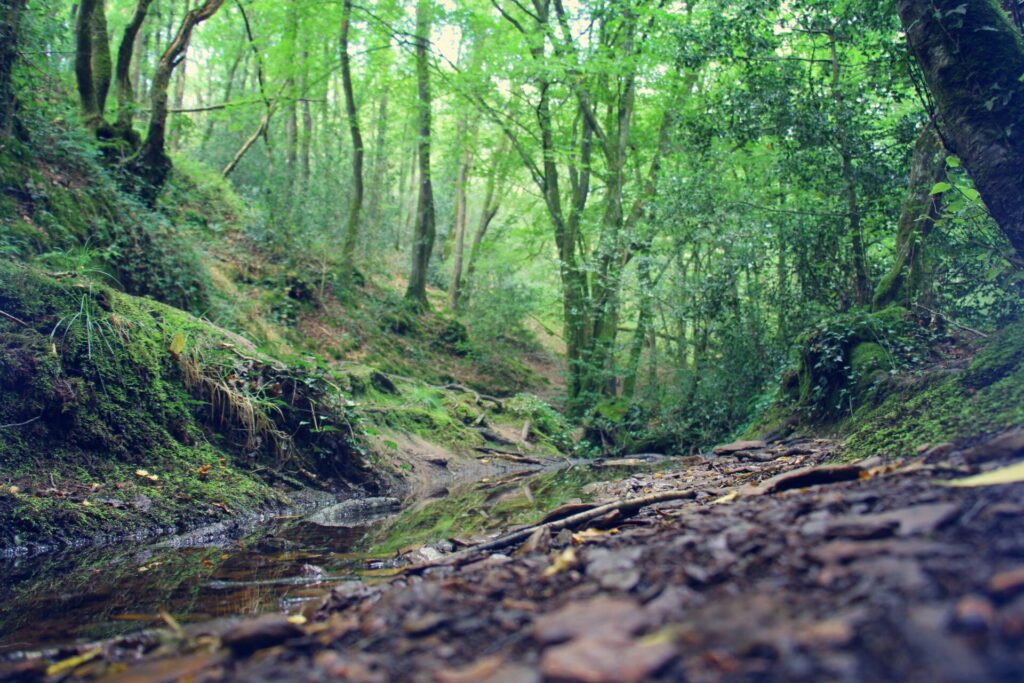
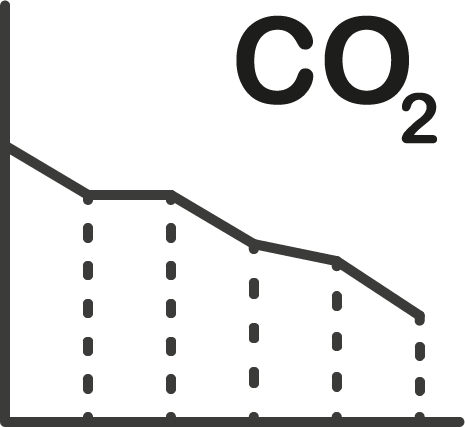
Carbon assessment of the construction principle
In 2021, Degotte made the bold choice to hire staff dedicated full-time to the environmental performance of its construction principle, with the medium-term goal of rolling out and standardising production.
This CSR (Corporate Social Responsibility) approach starts with:
diagnosing the flows that will lead to the creation of a Waste Recycling Manager position
and diagnosing the environmental performance of the whole life cycle of the current construction principle, leading to an operational carbon assessment by construction layer according to the Brand’s presentation*.
*This internal tool based on the use of Environmental and Health Declaration Forms (FDES) is essentially a comparative tool that aims to prioritise actions.

Local suppliers
Our 30 main suppliers are located within a 30 kilometre radius of the company. In addition to the savings this represents in terms of transport and CO2 emissions, it makes a lot of sense for us to support the local economic fabric.
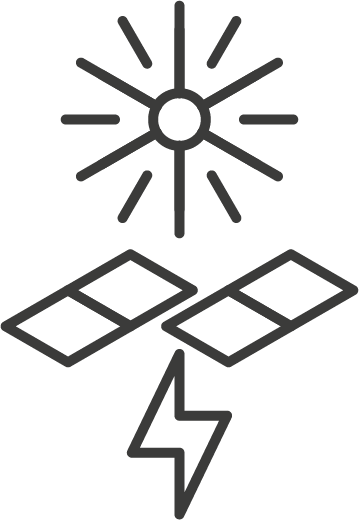
Renewable energy production
Placement of photovoltaic panels (90 kWc kilowatt-peak) and biomass boilers powered by our wood waste flow envisaged for our future production site.
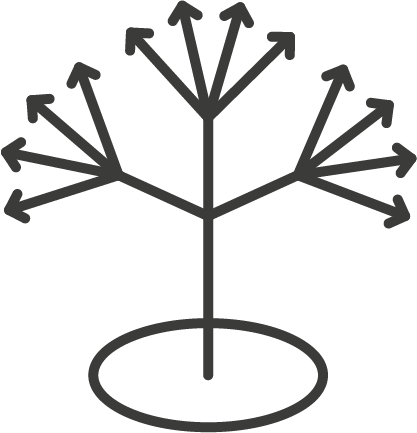
Twelve-flow waste management
By diagnosing the waste streams and creating a waste recycling manager position, we have gone from three waste streams to a commitment to sort 12 streams.
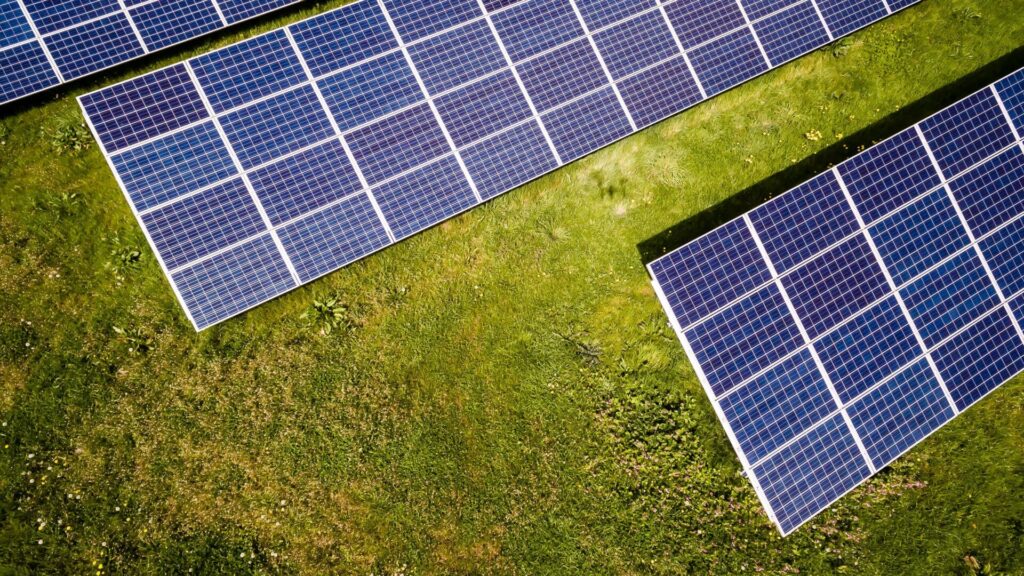
We already do a lot.
But we’re not going to stop there.
2022-2024
Participation in the Waste-Resources call for projects
2023
CSR approach in the process of implementation with the INDR* for the Luxembourg market.
*National Institute for Sustainable Development and Corporate Social Responsibility
*National Institute for Sustainable Development and Corporate Social Responsibility
2023-2024
Carbon assessment of our organisation
2023-2026
Eco-design layer by layer of our construction principle. First step: optimisation of the deconstructability of the modules’ metal framework.
2026
New energetically efficient factory with a production line that enables better standardisation.


